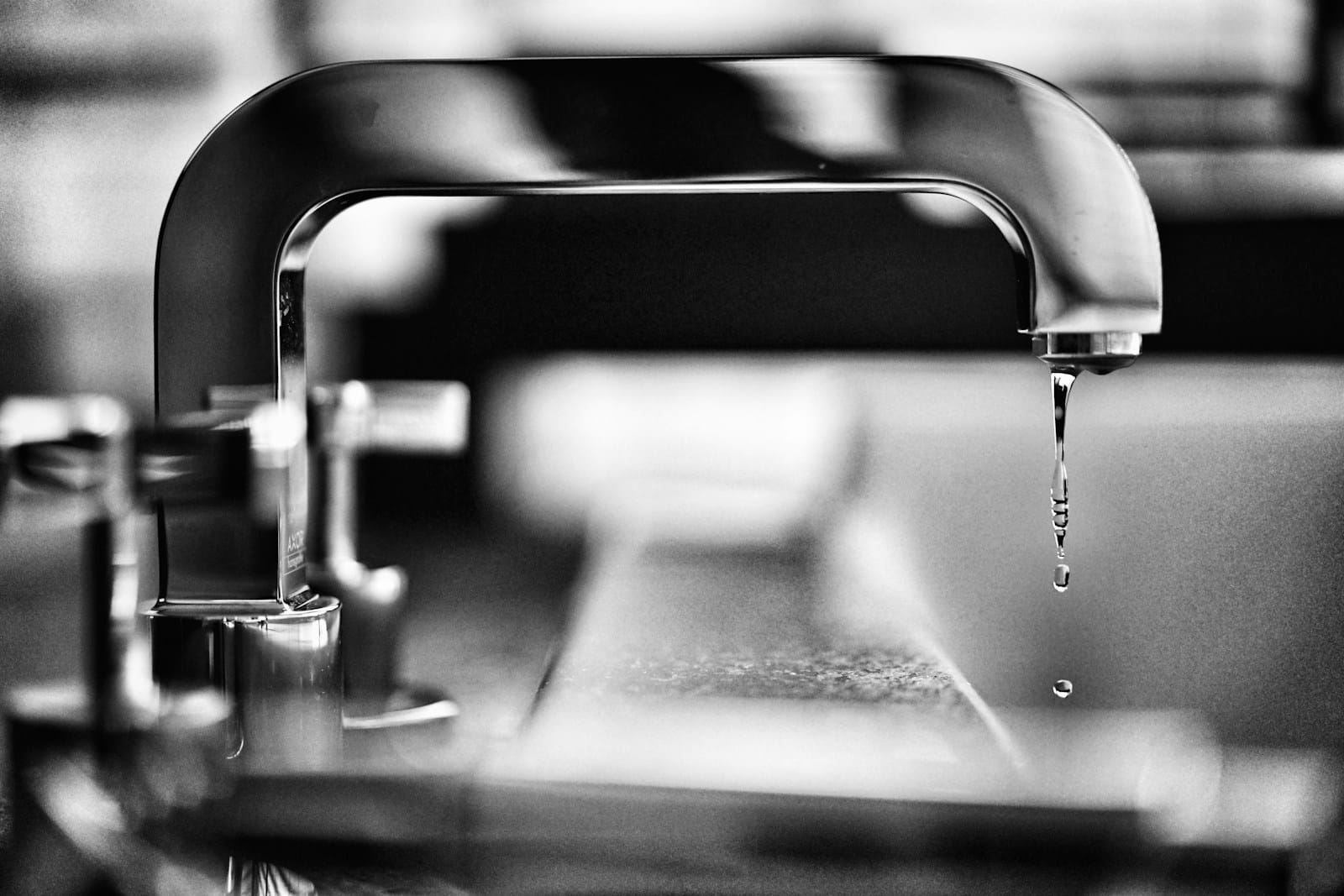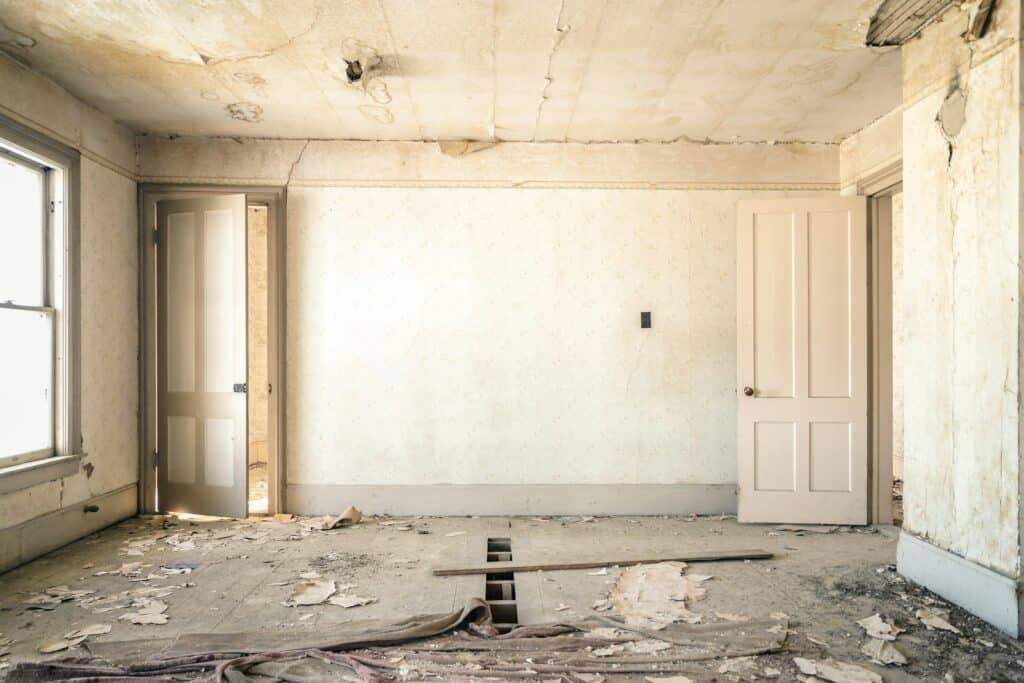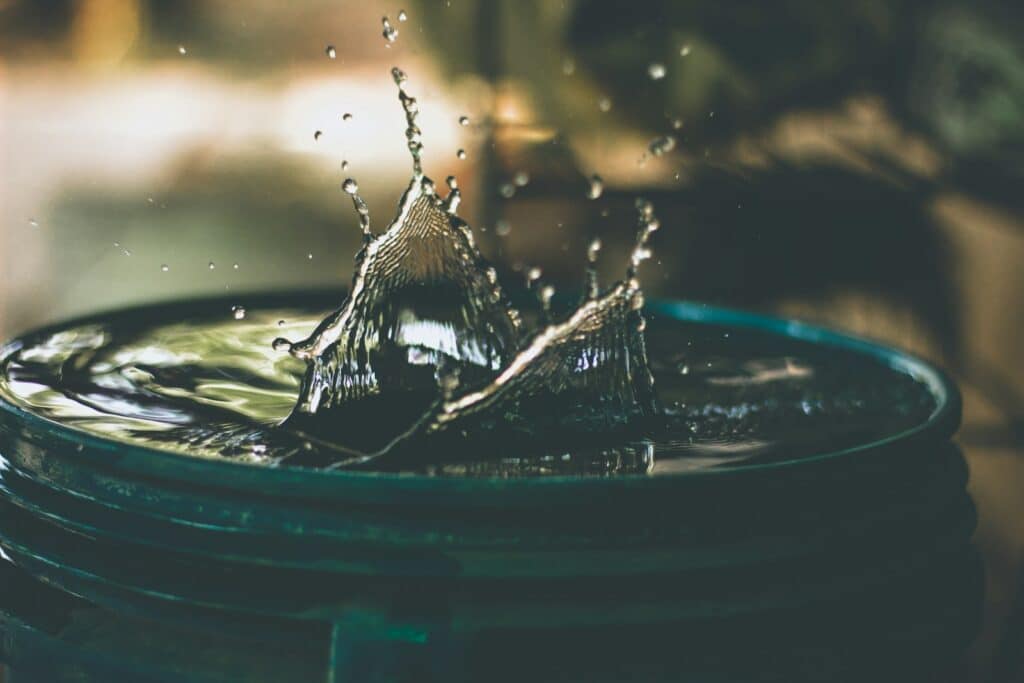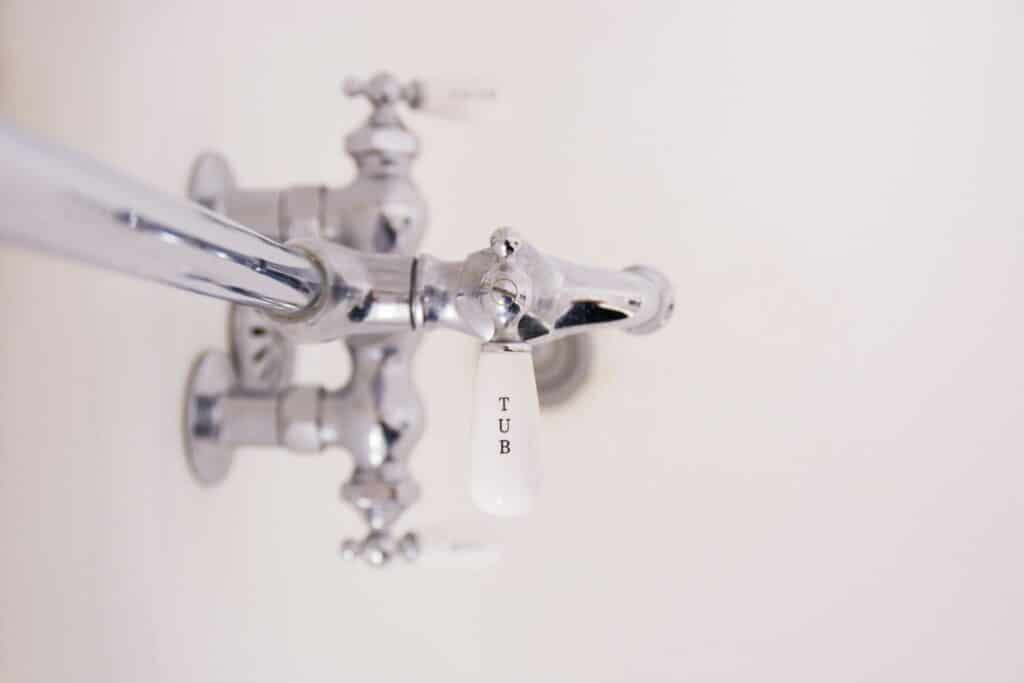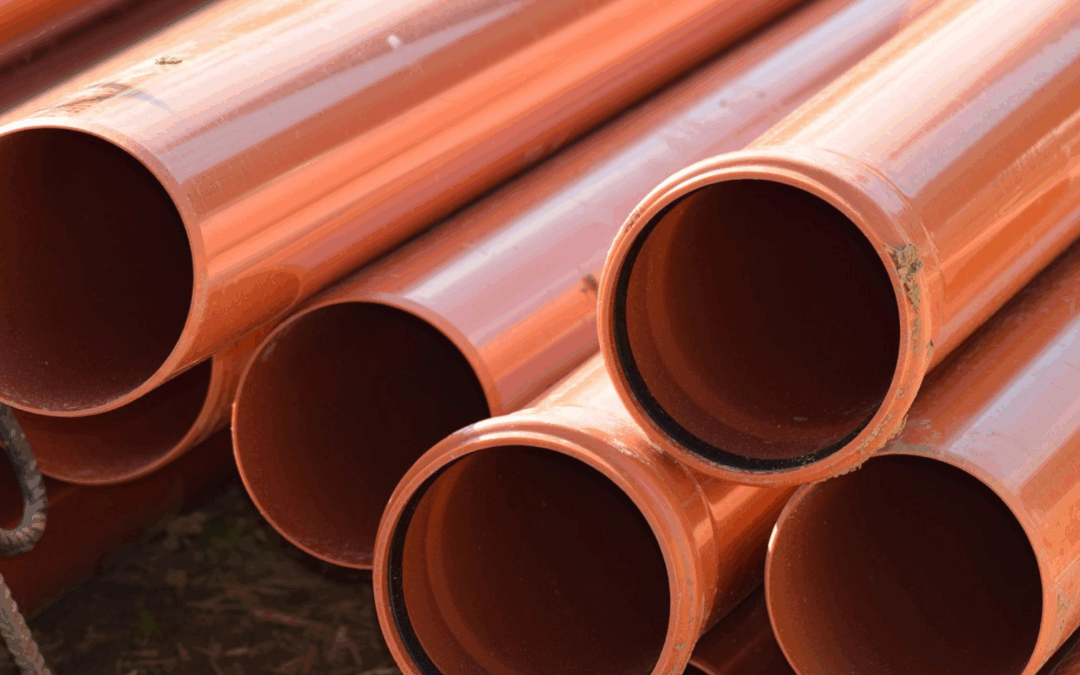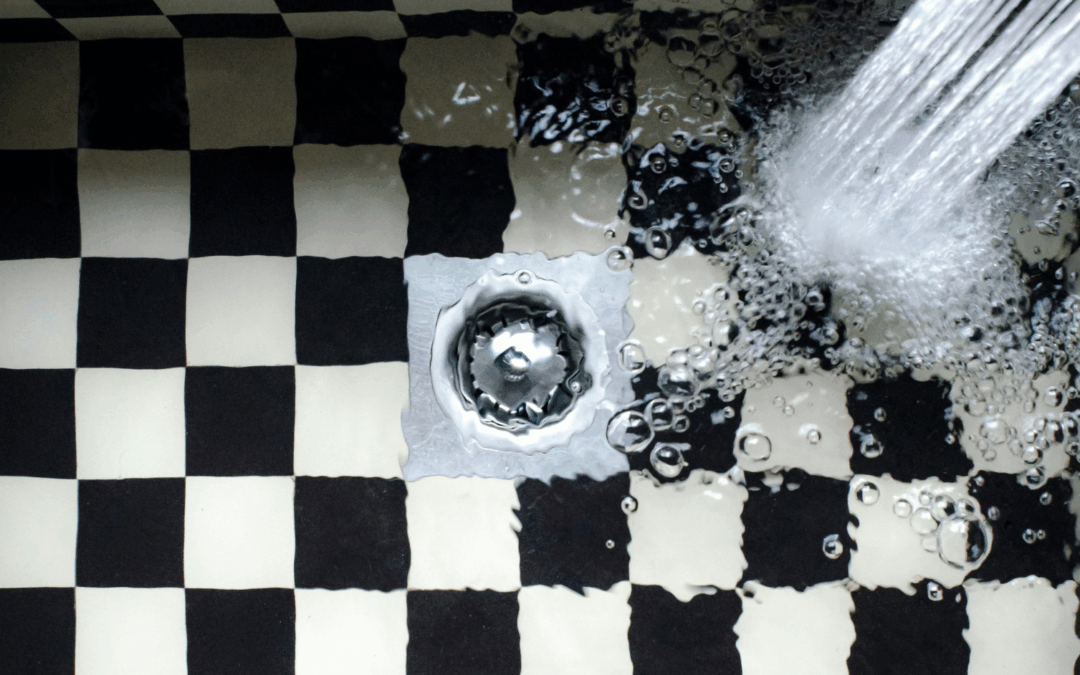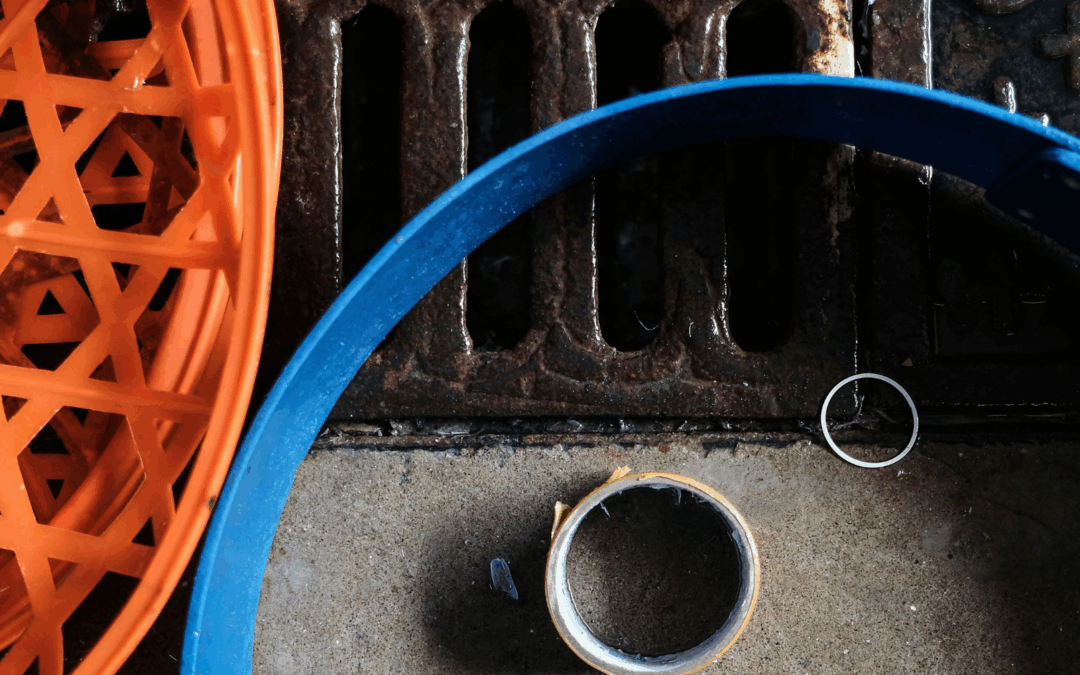Have you ever noticed a slow drain or a sudden drop in water pressure? These small annoyances can quickly turn into costly plumbing issues if not addressed.
Whether you’re a homeowner, DIY enthusiast, or property manager, understanding plumbing maintenance can save you money and time. This blog post will explore essential tips and techniques to keep your plumbing system running smoothly. By the end, you’ll know how to avoid costly repairs and maintain an efficient plumbing system.
Understanding Your Home’s Plumbing System
Understanding your home’s plumbing system is the first step in maintaining it well. Your plumbing system includes various components, such as the water heater, pipes, and drains. These parts work together to ensure a steady flow of water into and out of your home. Regular plumbing maintenance can help you identify potential problems before they become significant issues.
Schedule Service Online
Get a free estimate so you know what you're signing up for
"*" indicates required fields
For Emergency Services Call: 410-255-9300
Identifying key components like the main water shutoff valve, sump pump, and pressure regulator is vital. Knowing where these are located can save precious time during a plumbing emergency. Additionally, understanding how your water supply and sewer system work will help you make informed decisions about maintenance and repairs.
Familiarity with plumbing codes is also essential. Local regulations can influence the type of plumbing work that needs to be done, and failing to comply can lead to fines or further complications. Regular plumbing inspections performed by a professional plumber can ensure that your system adheres to all necessary codes.
Routine Maintenance to Avoid Costly Repairs
More frequent plumbing maintenance is crucial in avoiding costly plumbing issues. Regular plumbing inspections can help catch problems like leaking pipes or clogged drains before they escalate. Setting a maintenance schedule ensures that your plumbing system receives attention at regular intervals.
Inspecting pipes for rust, mineral deposits, and other debris is necessary for preventing clogs and leaks. Look at exposed pipes and outdoor faucets, especially those prone to freezing. Catching rusted pipes early can prevent more significant problems down the sewer line.
Maintenance tips like using baking soda for drain cleaning can help maintain clean sink drains and shower heads. Avoid using chemical drain cleaners, as they can damage pipes over time. Regular maintenance and preventative measures can keep your plumbing system efficient and reliable.
Dealing with Clogged Drains and Slow Drains
Clogged drains and slow drainage are common plumbing problems that can disrupt your daily routine. Frequent plumbing maintenance can help prevent these issues from becoming severe. A combination of home remedies and professional interventions can keep your drains clear.
Using baking soda and vinegar can unclog shower drains and sink drains. This natural approach is gentle on your pipes and effective in removing minor blockages. If slow drains persist, it may be time to consult a local plumber for professional drain cleaning.
It’s crucial to avoid putting certain items down the drains. Only human waste and toilet paper should be flushed down the toilet. Food waste, grease, and other debris can lead to clogged pipes, so they should be disposed of in the garbage disposal or compost bin.
Keeping the Water Heater in Top Condition
Your water heater is an essential component of your plumbing system, providing hot water for showers, washing machines, and other plumbing appliances. Regular maintenance can extend its lifespan and improve efficiency. Ignoring maintenance can lead to costly repairs or replacements.
One way to maintain your water heater is by flushing the tank annually. This process removes mineral deposits that can build up over time, leading to reduced efficiency and potential damage. Regularly inspecting the water heater for leaks or unusual noises can also prevent plumbing problems.
It’s also wise to monitor water temperature settings. Keeping the water heater set to around 120 degrees Fahrenheit can save energy and prevent scalding. If you notice inconsistencies in water temperature or pressure, consulting a professional plumber may be necessary.
Monitoring Water Pressure and Usage
Monitoring water pressure is an integral part of plumbing maintenance. High water pressure can put stress on pipes and lead to leaking pipes or burst lines. A pressure regulator can help maintain the optimal pressure level within your plumbing system.
Regularly checking your water bills for unusual spikes can also provide insights into your water usage. Unexpected increases may indicate a hidden leak or plumbing problem that requires attention. Addressing these issues promptly can help avoid costly plumbing repairs.
Additionally, maintaining a consistent water flow ensures that your plumbing system operates efficiently. Slow drains or low water pressure can indicate underlying issues that need to be addressed through regular maintenance or professional intervention.
Addressing Plumbing Leaks and Mold Growth
Plumbing leaks can lead to severe issues like mold growth and structural damage. Frequent plumbing maintenance can help identify and fix leaks before they cause significant harm. Regularly inspecting pipes, faucets, and fixtures is essential for keeping your home’s plumbing system in good condition.
Using food coloring in the toilet tank is a simple way to detect leaks. If the color appears in the toilet bowl without flushing, it’s a sign of a leak. Addressing this issue promptly can save water and prevent further damage.
Mold growth is often a consequence of leaking pipes or poor ventilation. If you notice mold, it’s essential to identify the source and fix any plumbing leaks. A professional plumber can help assess the situation and recommend the necessary repairs.
Efficient Garbage Disposal and Food Waste Management
Proper garbage disposal and food waste management are critical for maintaining an efficient plumbing system. Incorrect disposal can lead to clogged pipes and costly plumbing issues. Following best practices can help keep your drains clear and your plumbing system running smoothly.
Avoid putting fibrous food waste, grease, and starchy foods down the garbage disposal. These items can lead to clogs and slow drainage. Instead, dispose of them in a compost bin or trash can.
Regularly cleaning and maintaining the garbage disposal is essential. Running cold water for a few seconds before and after using the disposal can help flush away debris. Grinding ice cubes occasionally can also clean the blades and prevent buildup.
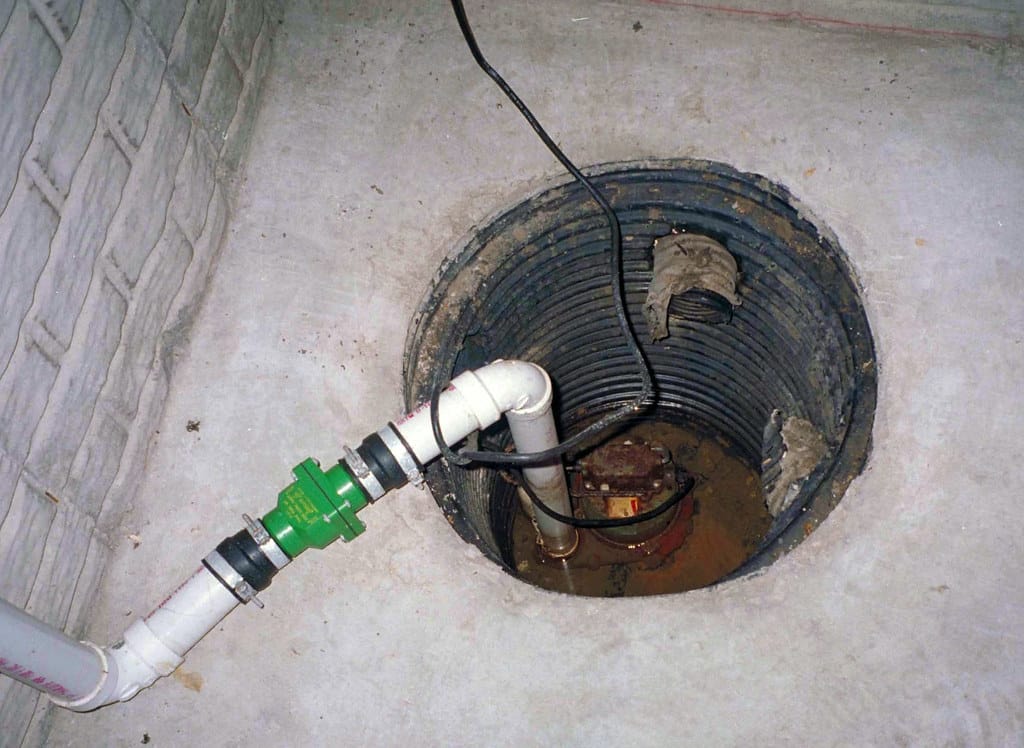
Sump Pumps and Preventative Maintenance
Sump pumps play a crucial role in preventing basement flooding and water damage. Regular maintenance and inspection can ensure that your sump pump functions effectively. Neglecting this essential component can lead to costly repairs and property damage.
Testing the sump pump periodically is vital. Pouring water into the pit can activate the pump and confirm that it’s working correctly. If the sump pump doesn’t activate, it may require professional servicing or replacement.
Additionally, keeping the sump pump pit clean and free of debris ensures optimal performance. Regularly inspecting the pump and its components can prevent unexpected failures and protect your home from water damage.

The Importance of Regular Septic System Inspections
Regular septic system inspections are essential for maintaining a healthy plumbing system. Septic tanks require routine maintenance to function correctly and prevent costly plumbing issues. Ignoring septic system maintenance can lead to backups, leaks, and environmental hazards.
Scheduling septic system inspections every three to five years is recommended. A professional plumber can assess the system and recommend necessary repairs or maintenance. Keeping records of these inspections can help track the system’s health over time.
Proper care of septic systems also involves mindful water usage and waste disposal. Avoid flushing non-biodegradable items or pouring chemicals down the drain. These actions can disrupt the septic system’s balance and lead to failures.
Managing Outdoor Faucets and Sprinkler Systems
Outdoor faucets and sprinkler systems are vital components of your home’s plumbing system. Proper maintenance ensures they function efficiently and prevent issues like frozen pipes or leaks. Regularly inspecting and maintaining these elements can save money and prevent costly repairs.
Winterizing outdoor faucets is crucial in colder climates. Disconnecting hoses and insulating the faucet can prevent freezing and bursting. Regularly checking for leaks or drips ensures that these faucets are in good working condition.
Sprinkler systems also require attention. Regularly inspecting sprinkler heads and pipes for damage or clogs can improve efficiency and prevent water waste. Ensuring that your sprinkler system adheres to local plumbing codes is also essential for avoiding fines and complications.
Avoiding Costly Plumbing Repairs with Routine Maintenance
More Frequent Routine maintenance is the key to avoiding costly plumbing repairs. By establishing a regular maintenance schedule, you can catch potential issues before they become significant problems. Proactive maintenance can save money, time, and frustration.
Setting reminders for routine inspections and maintenance tasks ensures that no aspect of your plumbing system is overlooked. Regularly consulting a professional plumber for inspections and necessary repairs can extend the life of your plumbing system.
Taking a proactive approach to plumbing maintenance also involves educating yourself about common plumbing problems and solutions. Staying informed allows you to identify issues early and take the appropriate steps to address them.
Educational Resources and Useful Links
To deepen your understanding of plumbing maintenance and expand your knowledge, explore the following resources and links:
Home Maintenance Plumbing Guide
This guide provides practical tips and advice for DIY plumbing repairs and maintenance.
Septic System Care
The Environmental Protection Agency offers comprehensive information about maintaining and understanding septic systems.
Garbage Disposal Care
Consumer Reports – How to Clean a Garbage Disposal
Learn effective methods for cleaning and maintaining your garbage disposal to prevent clogs and odors.
Winterizing Outdoor Faucets
The Spruce – How to Winterize Outdoor Faucets
A detailed guide on protecting outdoor faucets from freezing in cold climates.
Efficient Sprinkler System Management
Irrigation Association – Homeowners Guide to Sprinkler Systems
Explore various tips for managing and maintaining an efficient and compliant sprinkler system.
These resources provide valuable insights and practical instructions to help you maintain a healthy and efficient plumbing system in your home.

Conclusion and Next Steps
Plumbing maintenance is essential for keeping your home’s plumbing system efficient and reliable. Regular inspections, preventative measures, and timely repairs can save you money and prevent costly plumbing issues. By understanding your plumbing system and adhering to a maintenance schedule, you can ensure a smooth-running home.
Those interested in learning more about plumbing maintenance should consider exploring additional resources or consulting a professional plumber. Staying informed and proactive can help you manage your plumbing system with confidence. Whether you’re a homeowner, DIY enthusiast, or property manager, these tips and insights will empower you to maintain your plumbing system effectively.

